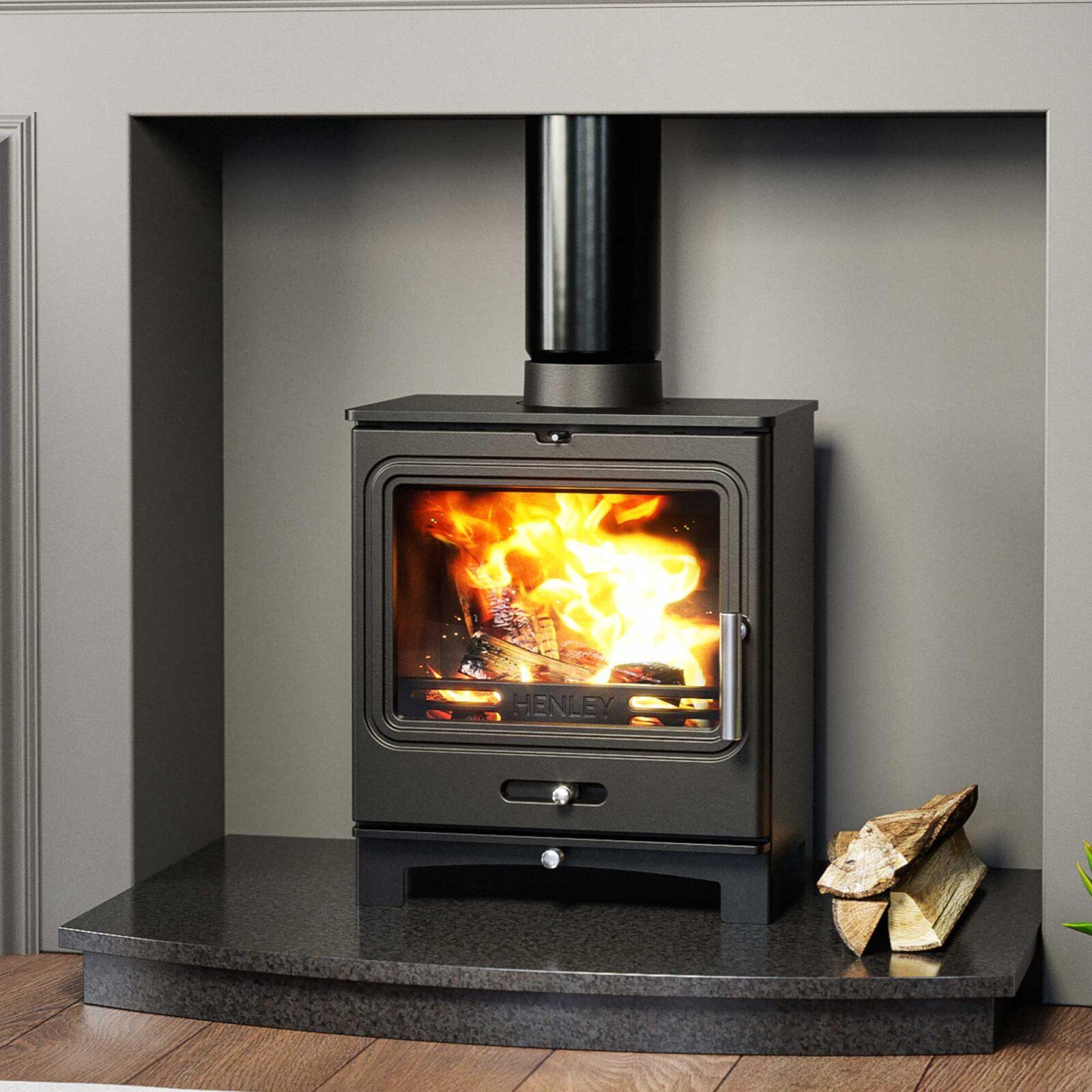Recently, the kitchen has evolved into a center not just for culinary creativity but also for sustainability. As a growing number of people become aware of the environmental impact of their daily choices, eco stoves have emerged as a popular substitute to traditional cooking appliances. These advanced stoves are designed to maximize efficiency while reducing carbon footprints, making them an important option for the environmentally conscious home cook.

What precisely are eco stoves, and how do they work? At their core, eco stoves utilize advanced technologies that reduce energy consumption and emissions. With a range of options available, from wood-burning units to high-efficiency electric models, consumers are increasingly seeking out appliances that align with their eco-friendly values. The rise of eco stoves is not just a passing trend; it indicates a significant shift towards sustainable living and responsible cooking practices. This article delves into the many benefits of transitioning to eco stoves, their environmental impact, and what to look for when thinking about an upgrade for your kitchen.
Comprehending Eco Stoves
Ecological stoves are cutting-edge cooking appliances crafted to be increasingly sustainable than classic stoves. They generally use green fuels, such as wood pellets, and feature innovative technologies to maximize efficiency and minimize emissions. By that, these stoves reduce the reliance on fossil fuels and add to a better cooking practice.
One of the main features that differentiates eco stoves from traditional stoves is their energy efficiency. Numerous eco stoves are built to convert a greater percentage of fuel into applicable heat in comparison with regular models. This enhanced efficiency merely results in reduced energy demand but also reduced waste, making these stoves a preferred choice for green consumers. Additionally, many eco stoves are made with components that are significantly sustainable and durable, which additionally improves their eco-friendly appeal.
The rising trend of eco stoves can be linked to heightened awareness of sustainability concerns and a desire for more sustainable living methods. As a growing number of consumers seek ways to minimize their carbon footprints and support eco-friendly products, eco stoves have surfaced as a feasible solution for both up-to-date kitchens and outdoor cooking. By integrating these stoves into their homes, individuals can benefit from the benefits of cooking while making a beneficial contribution on the planet.
Benefits of Eco Stoves
One major positives of eco stoves is their energy efficiency. These appliances are crafted to use fuel more efficiently than traditional stoves, resulting in significant reductions in energy use. By optimizing the amount of heat produced from each unit of fuel, eco stoves require less energy overall, making them a more sustainable option for cooking. This efficiency not only lowers demand on natural resources but also leads to lower energy bills for homeowners.
Another notable advantage of eco stoves is their positive impact on indoor air quality. Several eco stoves employ advanced combustion technology that limits the release of harmful pollutants, including carbon monoxide and particulate matter, into the air. This is particularly important for families with little ones or those with respiratory issues, as cleaner indoor air can lead to enhanced well-being. By choosing an eco stove, homeowners can create a more secure plus a more wholesome cooking environment.
Moreover, eco stoves often promote sustainable living practices by utilizing renewable energy sources. Whether functioning on biomass fuels like wood or pellets, or designed to work in conjunction with solar energy systems, these stoves contribute to a lower carbon footprint. With increasing Article source of environmental issues, using eco stoves fits with a growing commitment to sustainability, thus becoming an attractive choice for people wanting to make eco-friendly changes in their homes.
Eco-friendly stoves in Eco-conscious living
Eco-friendly stoves play a crucial role in the overall context of eco-friendly living, as they are designed to reduce environmental impact while enhancing energy efficiency. These devices often use eco-friendly energy sources such as pellet fuels, which are environmentally friendly and can be procured in the vicinity. By using eco-friendly stoves, individuals assist to lowering reliance on conventional fuels, thus promoting a move towards more green energy practices. This aligns with the principles of sustainable living, which encourage less ecological damage and mindful consumption.
One of the significant advantages of eco-friendly stoves is their ability to enhance indoor air quality. Unlike conventional stoves that may emit noxious gases, eco-friendly stoves utilize advanced combustion technology that greatly lowers smoke and particulate matter. This not only fosters better indoor air quality but also aligns with the goals of sustainable living, which highlight the value of well-being for both individuals and communities. Cleaner air indoors results to healthier lives, making eco stoves a essential component in the search for sustainable homes.
Moreover, the adoption of eco-friendly stoves into normal routines supports community economies and fosters strength in neighborhoods. By opting for stoves that use regionally sourced biomass or renewable resources, homeowners can stimulate demand for green fuel sources that are often created close to home. This, in turn, helps sustain local work opportunities and promotes responsible forestry. The shift to eco stoves not only represents a individual pledge to sustainability but also contributes to a flourishing ecosystem where communities can thrive while protecting the environment.
